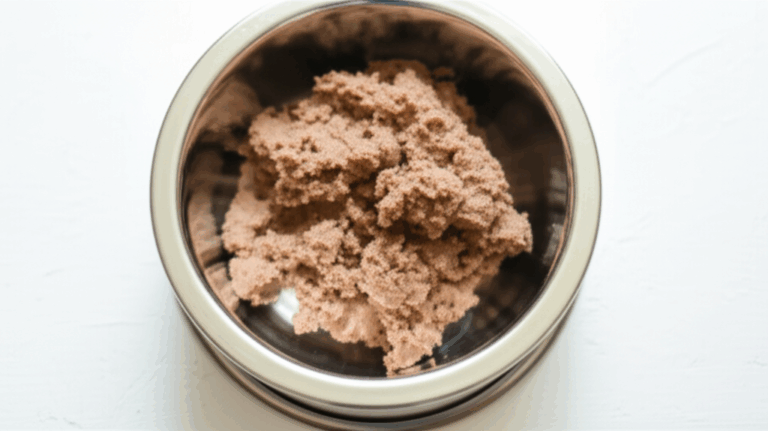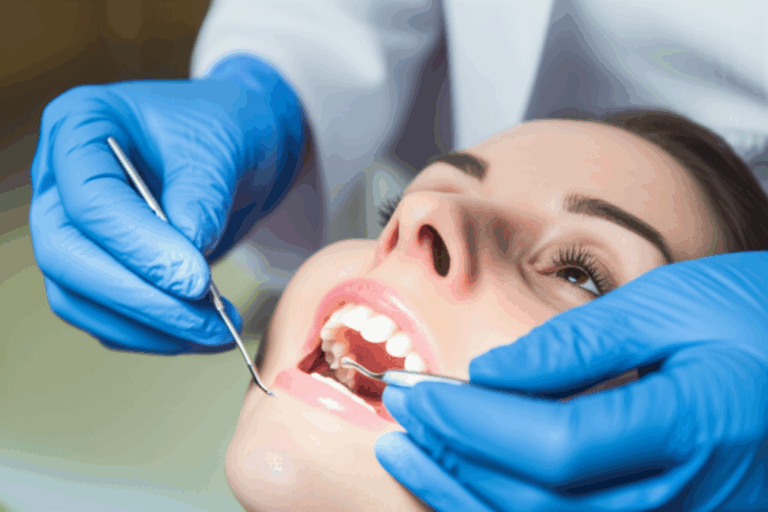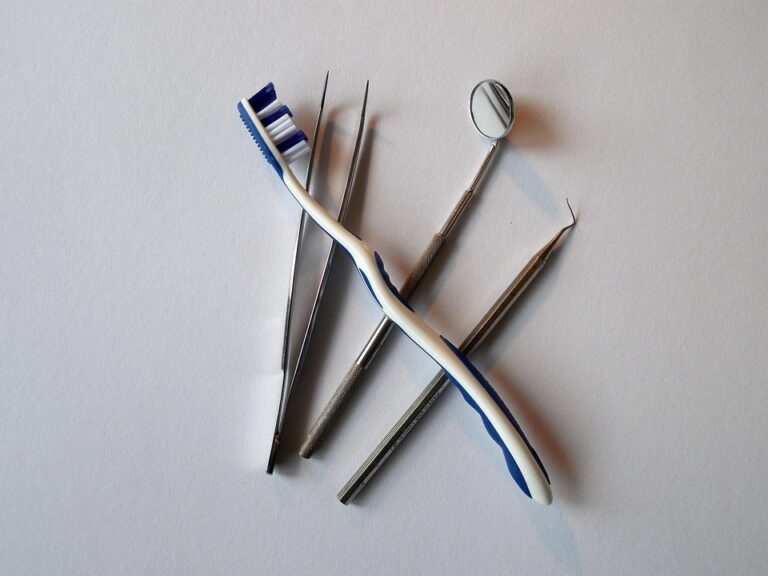
How Much Do Dentists Make in Mexico?
A Simple Guide to Dentist Pay, How Much You Can Make, and Career Paths
That Big Question: “How Much Do Dentists Really Make in Mexico?”
If you’re thinking about becoming a dentist, already a dentist in Mexico, or just curious about how much a dentist makes in Mexico—you’ve probably wondered, “Is being a dentist in Mexico a good way to make money?” Maybe you’re comparing how much you can make with how much school costs, or a dentist from another country wondering if working in Mexico is a good idea. No matter your reason, you’re not the only one. Many people, especially students and people changing careers, want to know: How much do dentists actually make in Mexico?
It’s a great question. And the answer is not simple—because, like any job, a dentist’s pay in Mexico depends on a few things. Experience, specialty, working in a city or in the country, public versus private clinic… there’s a lot to talk about.
Let’s make it simple. Whether you’re looking for exact salary numbers, how much things cost, or the real story on dentist career paths, this guide will walk you through it all. You need clear, honest answers—and that’s what you’ll get.
Table of Contents
Dentist Salaries in Mexico: The Short Answer
Let’s get straight to the point. On average, a general dentist in Mexico makes between MXN 15,000 and MXN 35,000 per month (about USD 850–2,000), if they work for someone else. Specialists and clinic owners can make a lot more—think MXN 50,000 to 150,000+ per month (USD 2,800–8,500+), especially in popular places like Mexico City, Tijuana, or Cancun, where many foreigners come for dental work.
But as you might guess, these numbers are not the same for everyone. Your income depends a lot on your experience, where you work, your reputation, and if you own your clinic. Let’s look closer to see what this means in real life.
Average Dentist Pay in Mexico: What Do the Numbers Say?
National Average and Major Cities
A new dentist, either who just finished school or in their first two years, might start at MXN 10,000–18,000 per month (USD 550–1,000). Dentists with three to ten years of experience see their pay go up to MXN 20,000–40,000 per month (USD 1,100–2,200). Those with a lot of experience (a decade or more) or who are a specialist, easily make more than MXN 50,000–150,000 per month—sometimes more if they own a successful clinic.
By Location:
- Mexico City: Salaries are usually higher thanks to more patients with more money and a higher cost of living.
- Guadalajara & Monterrey: Similar to Mexico City for experienced dentists.
- Tourist Hubs (Tijuana, Cancun): You can make more money, especially if you treat patients from other countries.
- Smaller towns & rural regions: Pay is usually lower, but things also cost less and you might be needed more because there are fewer dentists.
Averages vs. Reality
These are just general numbers. They don’t show everything—because, in dentistry, “average” is not what everyone makes. Some dentists make twice the average by being a specialist, having a lot of patients, or owning their own clinic. Others make less because there are not as many jobs, they are just starting, or because of the local economy.
What Influences Dentist Salaries in Mexico?
Let’s be honest. What decides if you make a lot of money… or just enough? This is where it gets interesting.
1. Experience Level
- Entry Level (0–2 years): Most new dentists start with lower pay (think basic jobs at a clinic or internships). They get better at their job, feel more sure of themselves, and build good relationships with patients.
- Mid-Career (3–10 years): This is often a great time in a career. Many offer more types of treatments, get more patients, or start their own clinic.
- Veterans (10+ years): Older dentists with a good name can charge more and run clinics. Some teach at dental schools or become specialists.
2. Specialization
Not all dentistry is the same. Specialists—like orthodontists, oral surgeons, periodontists, and pediatric dentists—often make a lot more than general dentists. Why? They need more school, the work is harder, and more people need their special skills.
Top-earning specializations:
- Orthodontists: Usually make the most, especially if other dentists send them a lot of patients.
- Oral & Maxillofacial Surgeons: Surgeries pay more.
- Endodontists, Prosthodontists, Periodontists, Pediatric Dentists: Each can make more than general dentists, if they have a lot of regular patients.
3. Where You Practice: City, Beach, or Countryside?
Where you work is very important. In busy Mexico City or Monterrey, you’ll find more potential patients—and more competition. In small towns, there might be less competition, but people in the area may not be able to pay as much.
Then there’s the “dental tourism” effect. Towns like Tijuana and Cancun bring in thousands of patients from other countries each year. Dentists there often make more money for each treatment because tourists pay more.
4. Practice Setting: Private or Public?
- Private Practice Owner: Can make the most money, but you pay for everything (rent, equipment, ads). Success depends on how many patients you have and your good name.
- Associate in Private Clinic: More regular pay, less worry. You get a fixed salary or a part of what you charge, depending on the clinic.
- Public Institutions (IMSS, ISSSTE, SEDENA): Gives you a safe job, benefits, and a set schedule—but the pay is lower.
- University Clinics/Academic Posts: This is more for people who like to teach or do research. Pay is usually not very high, but you get respect and a regular schedule.
5. Reputation, Referral Network & Technology Used
Dentists who buy new technology (like digital X-rays or 3D printing), keep learning, and get great reviews from patients often make more money faster. What people say about you—and having happy patients—is very important in the dental world.
How Specialization Changes Pay: Salary Breakdown by Dental Field
Let’s put numbers to those specialties. Here’s what pay can look like for different dental jobs in Mexico, based on experience and where you work:
| Specialization | Entry Level (MXN/month) | Mid (MXN/month) | Senior/Owner (MXN/month) | Notes |
|---|---|---|---|---|
| General Dentist | 10,000–18,000 | 20,000–40,000 | 50,000–100,000+ | Big range, owners make more |
| Orthodontist | 20,000–40,000 | 40,000–80,000 | 80,000–150,000+ | Highest pay for special work |
| Oral/Maxillofacial Surgeon | 25,000–45,000 | 50,000–90,000 | 100,000–160,000+ | More surgeries mean more money |
| Endodontist | 15,000–25,000 | 30,000–55,000 | 60,000–120,000+ | Paid for each treatment, has fewer patients but charges more |
| Periodontist | 15,000–22,000 | 25,000–55,000 | 60,000–110,000+ | |
| Prosthodontist | 18,000–28,000 | 30,000–58,000 | 65,000–120,000+ | Makes a lot if they own a clinic |
| Pediatric Dentist | 14,000–25,000 | 25,000–50,000 | 55,000–100,000+ | Mostly for families, more people need it |
Note: Remember, these are just general numbers. Real pay can be higher or lower depending on how many patients you have, your advertising, where you work, and how long you’ve been a dentist.
Dentist Income vs. Cost of Living in Mexico
How Far Does a Dentist’s Money Go?
Making MXN 25,000 or 50,000 a month might not seem like a lot if you’re from the U.S. or Canada—but in Mexico, your money can buy a lot. Here’s why:
- Housing: Average rent for a one-bedroom apartment in cities like Guadalajara or Puebla is around MXN 6,000–10,000. Many experienced dentists own their own homes.
- Food & Essentials: Food, eating at restaurants, and bills usually cost much less than in the U.S.
- Transportation: Buses and subways are cheap, and many families have a car to get around easily.
- Healthcare & Lifestyle: Even private doctors and fun activities don’t cost too much.
Many dentists, especially those who own their clinic or have a needed specialty, think their pay is much better than the average for professionals in Mexico. They can support their families, travel, save money, and live a comfortable life.
Is a Dentist’s Salary “Good”?
Yes—when you look at how much things cost, a dentist’s pay usually lets them live a comfortable life and feel secure. In fact, dentists are often in the top 10% of people who make money in Mexico, especially in big cities or popular tourist spots for dental work.
Future Job Outlook: Is Dentistry in Mexico a Good Career?
Good Demand, More Opportunities
Taking care of teeth is becoming more important in Mexico, both for locals and for the large number of dental tourists. The dental field in the country keeps growing, because more people know about dental care, there is new technology, and more people want healthy, nice-looking smiles.
- Dental tourism—Mexico is known for good dental work that costs much less than the U.S. This brings thousands of patients from other countries to border towns and tourist cities, letting dentists there charge more.
- Cosmetic dentistry, orthodontics, and implantology—These fields are growing the fastest, because more patients want special treatments.
- Rural demand—While cities have more dentists, small towns don’t have enough dentists and are happy to have new ones.
Challenges Exist, Too
- Competition: In big cities, there can be a lot of competition. To be different, you need to keep learning, have a good name, and it helps to be a specialist.
- Start-up Costs: Starting a clinic can cost MXN 200,000–800,000+ (USD 11,000–45,000+). New dentists might need to get loans or save for years.
- Regulations & Paperwork: You need the right degree, a license to practice (cedula profesional), and sometimes other permits depending on your state or city.
Ways to Boost Your Dentist Earnings in Mexico
Let’s say you want to make the most money you can as a dentist in Mexico. Here are some ways that work:
1. Specialize
Getting more training after dental school in orthodontics, endodontics, or implantology can quickly help you make more money. People need these skills, and patients will pay more for special care.
2. Continue Your Education
There are new dental methods and tools every year. Keep up by taking classes in digital dentistry, cosmetic treatments, or new surgery methods.
3. Location, Location, Location
If you can, work in a place where many people need a dentist and can afford to pay—or in a tourist spot with a lot of dental tourism. Cities like Cancun, Tijuana, and Mexico City offer great chances if you like a fast pace.
4. Build a Reputation and Patient Base
Work on your relationships with patients. Happy patients tell their friends and family about you, and online reviews are very important now. Think about having flexible hours or payment plans to be different.
5. Smart Investments in Technology
Using modern dental tools, like those from a digital dental lab or a good crown and bridge lab, not only helps you do better work but also is good for patients who want new technology.
6. Consider Private Practice Ownership
It’s hard work—and you might need a loan—but you can make a lot of money in the long run. You are the boss, you set your own prices, and you keep more of the money you make.
Key Takeaways & Next Steps
Let’s finish with a clear summary of what you’ve learned—so you can feel good about your next steps.
The Most Important Points, in Simple Terms
- Average monthly pay for dentists in Mexico: MXN 15,000–35,000 (USD 850–2,000) if you work for someone; a lot more for experienced specialists and clinic owners.
- Being a specialist and where you work matter most: Big cities or tourist spots and specialist jobs have the highest pay.
- Owning your clinic: Is the best way to make money—if you are ready for the work and the cost to start.
- Dental tourism changes everything: Dentists in border towns and popular tourist spots can make as much as or more than dentists in the U.S., at least in the busy months.
- Day-to-day expenses: Dentists in Mexico live a very good life, because their pay is much higher than the cost of living.
- The best way to make more money is to become a specialist, keep learning, pick the right place to work, and have patients trust you.
Your Next Steps
- Want to be a dentist? Try to go to a good dental school, get real experience, and think about becoming a specialist.
- Just finished school? Don’t be afraid to start with a lower salary; get better at your job and get more patients, then look for places or specialties that are growing.
- Already a dentist? Invest in more education, use technology (like 3d dental lab innovations), and build your good name. Patients notice—and tell others.
- Thinking of moving? Look into it. Compare city and small-town options, think about the cost of living, and talk to groups like the Mexican Dental Association (ADM).
- Want to make your patients feel more confident? Use new, modern materials from trusted dental ceramics labs to give amazing results.
Most importantly, remember that being a good dentist is not just about money. It’s about giving great care, building relationships that last, and helping to make the people in your town healthier.
If this guide was helpful and you want to learn more about dental health careers, keep looking at teeth health resources and keep working on your career. In the end, a good dental career is about learning, growing, and making people smile—including you and your patients.
Want to talk with local dentists? Find dental groups in your city or join online forums—they’re good places to hear real stories, ask questions, and find jobs.
Your career in dentistry can be as good as you make it. Keep asking questions, keep learning, and keep smiling!








